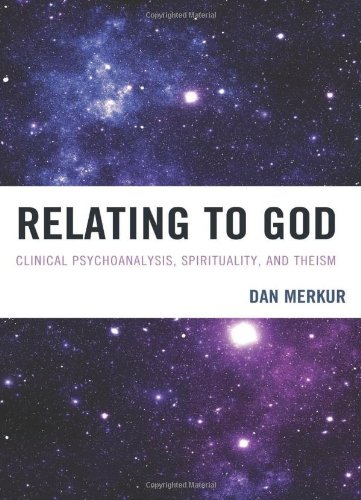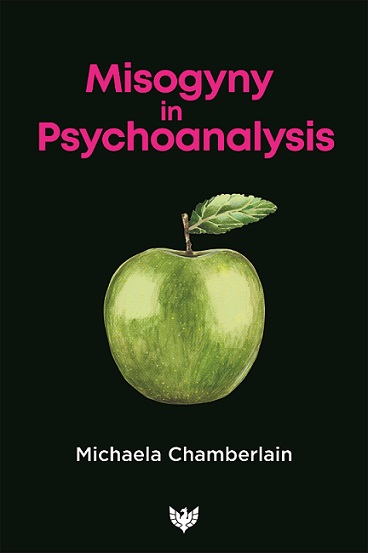Relating to God: Clinical Psychoanalysis, Spirituality, and Theism

Book Details
- Publisher : Jason Aronson
- Published : 2013
- Cover : Hardback
- Pages : 318
- Category :
Psychoanalysis - Category 2 :
Culture and Psychoanalysis - Catalogue No : 36408
- ISBN 13 : 9780765710154
- ISBN 10 : 0765710153
There are currently no reviews
Be the first to review
In Relating to God: Clinical Psychoanalysis, Spirituality, and Theism, Dan Merkur conceptualizes religious discourse within psychoanalysis. He proposes that God be treated as a transferential figure whose analysis leads to a reduction of the parental content that is projected onto God. Merkur notes that religious conversion experiences regularly involve theological intuitions that are either rational or, owing to morbid complications, have undergone displacement into irrational symbolism. Analysis renders the religiosity more wholesome.
Traditionally, psychoanalytic thought has been dismissive of religion. Freud is on record, however, as having called psychoanalysis a neutral procedure. He argued that religion, with its dependency on a providential God who punishes disobedience, imagines spirituality on the model of human parents and fails to approach spirituality in an appropriately scientific manner. He wrote little of spiritual phenomena, but mentioned both the rationality of the universe and the parapsychological occurrence of thought transference.
Occasionally, later psychoanalysts used different language in order to contrast wholesome and morbid forms of religion. Erich Fromm distinguished authoritarian and humanistic religions, while D. W. Winnicott condemned fetishistic behavior while approving of playful illusions that require belief-in. These formulations constructed a middle position for clinicians, neither categorically opposed to religion as classical psychoanalysis was, nor do they embrace cultural relativity as spiritually oriented psychotherapists are currently advocating. What sorts of spiritual practices does psychoanalysis find unobjectionable? As examples of humanistic religion, Fromm named Zen Buddhism, Buddhist mindfulness meditation, and the via negativa or way of negating that some Christian and Jewish mystics have followed. Because the Bible-based approaches are little known, Merkur discusses their histories, procedures, and psychoanalytic understanding.
About the Author(s)
Dan Merkur, PhD, is a clinical psychoanalyst in private practice in Toronto and a faculty member at both the Toronto Institute for Contemporary Psychoanalysis and the Living Institute. He is also a visiting scholar in the Department for the Study of Religion at the University of Toronto.
Customer Reviews
Our customers have not yet reviewed this title. Be the first add your own review for this title.
You may also like
Eyes, Mind and Vision: Visual Realities and Metaphors in Psychoanalysis
Salman Akhtar
Price £31.49
save £3.50







